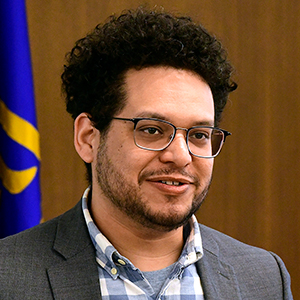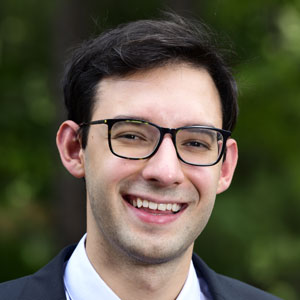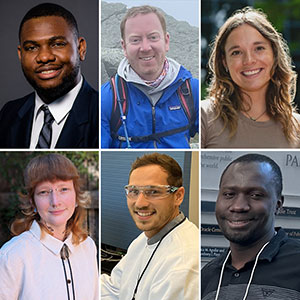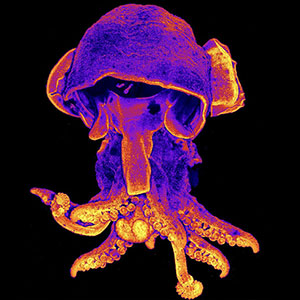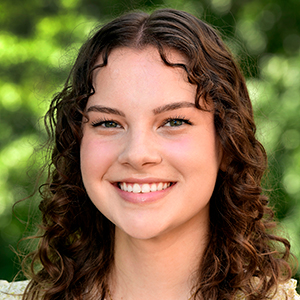NIEHS Postbaccalaureate Program trainees competed in the National Institutes of Health (NIH) 2022 Virtual Postbac Poster Days event held April 26-28. Six Division of Intramural Research postbaccalaureate (postbac) trainees made the overall top 20% out of the more than 900 posters presented by trainees across all 27 NIH institutes and centers.
- Kamiya Bridges, mentored by Humphrey Yao, Ph.D., and Barbara Nicol, Ph.D., presented “Loss of Runx1 Expression Leads to Ovarian Defects and Increased Risk of Ovarian Tumors.”
- Shalyn Brown, mentored by Ronald Cannon, Ph.D., presented “Erastin Rapidly Inhibits P-glycoprotein Transport Activity at the Blood-Brain Barrier.”
- Sydney Fry, mentored by Jesse Cushman, Ph.D., presented “Genetic Deletion of Mineralocorticoid Receptors in CA2 Impairs the Precision of Behavioral Circadian Rhythmicity in a Sex-dependent Manner.”
- Abra Granger, mentored by Roel Schaaper, Ph.D., and Lalith Perera, Ph.D., presented “Employing Molecular Dynamic Simulations for Characterization of dGTPase Enzyme Function in E.coli with a Cysteine-273 to Serine Mutation in the Active Site.”
- Lauren Gullett, mentored by Chandra Jackson, Ph.D., and Dana Al-Hasan, Ph.D., presented “Occupational Characteristics and Serious Psychological Distress in the United States.”
- Isha Wilson, mentored by Robin Stanley, Ph.D., presented “Functional Analysis of SARS-CoV-2 Nsp15 Endoribonuclease Variants.”
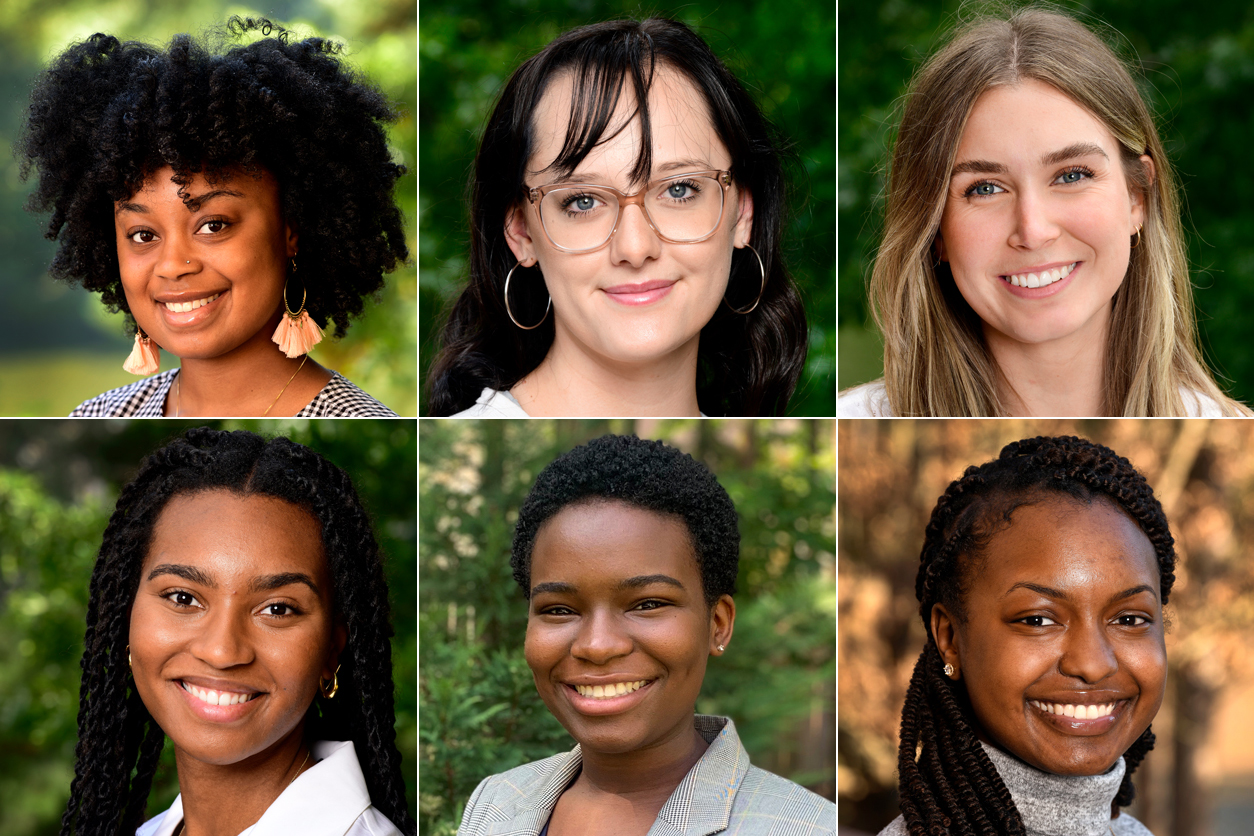 Top row, from left: Bridges, Brown, and Fry. Bottom row, from left: Granger, Gullet, and Wilson. (Photos courtesy of Steve McCaw / NIEHS)
Top row, from left: Bridges, Brown, and Fry. Bottom row, from left: Granger, Gullet, and Wilson. (Photos courtesy of Steve McCaw / NIEHS)“Postbac Poster Days is an outstanding opportunity for NIH postbacs to develop communication skills and network with postbacs from across NIH,” said Stanley, a Stadtman Investigator in the Nucleolar Integrity Group who mentored two of this year’s poster presenters.
Prepping for success
The postbac program allows recent graduates of undergraduate programs to pursue a biomedical research project for one or two years at NIEHS, according to Katy Hamilton, summer internship program and postbac program manager in the Office of Fellows’ Career Development.
Postbaccalaureate trainees work mostly in wet labs and are supervised by NIEHS scientists and postdoctoral trainees. The program offers professional skills workshops, a wellness program, and career counseling. Each postbac earns a stipend.
“The postbac program is fantastic,” said Jerry Yakel, Ph.D., Neurobiology Laboratory chief and a long-time mentor of NIEHS trainees. “We have had some absolutely outstanding postbacs in our department, including Diane Youngstrom, who is currently in my lab. Diane gave an outstanding poster presentation, and it has been a joy to have her in the lab.”
Youngstrom was the postbaccalaureate awardee in the NIEHS Big Picture, Small Talk Communication Challenge held in March. Last year, Bridges took that top honor and this year, she also ranked in the top 20% at the NIH Poster Days event.
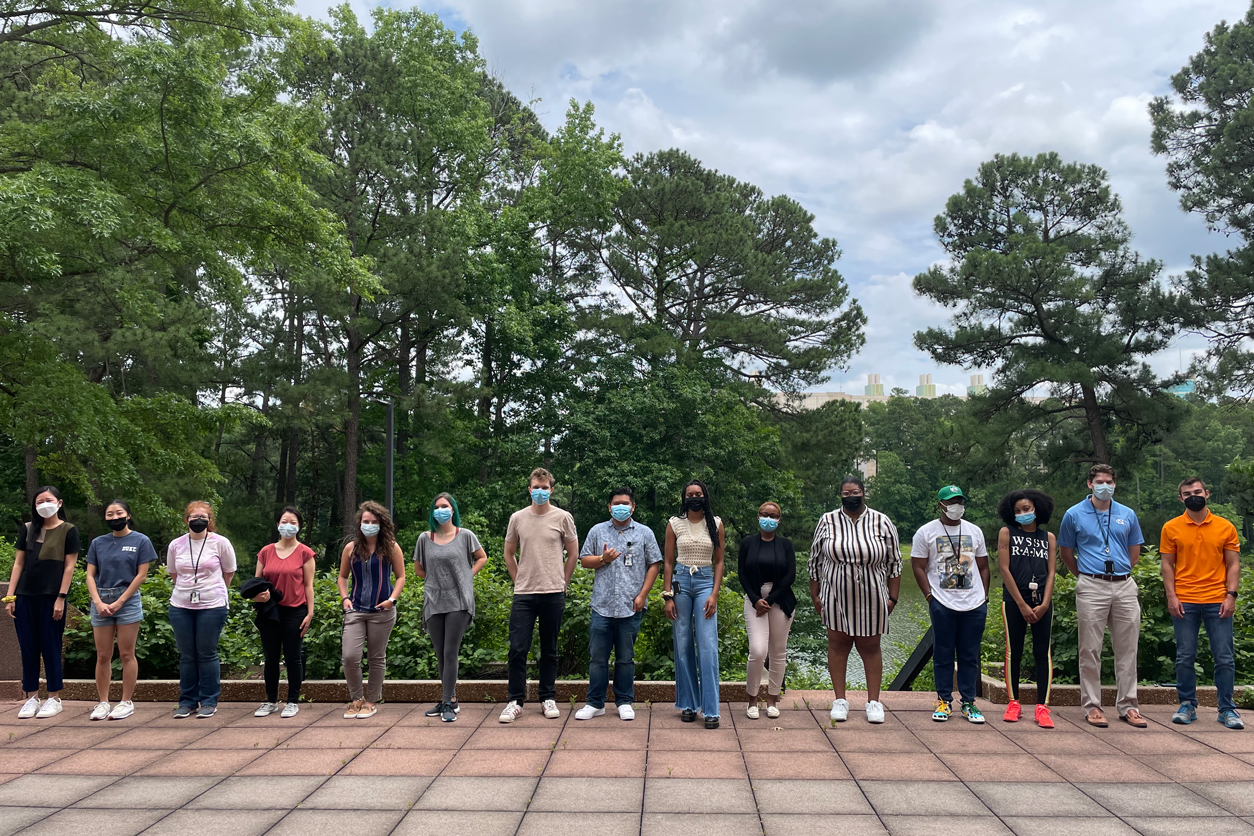 A going away celebration was held for the departing NIEHS postbac trainees on June 3. (Photo courtesy of OCPL / NIEHS)
A going away celebration was held for the departing NIEHS postbac trainees on June 3. (Photo courtesy of OCPL / NIEHS)The future is bright
Bridges, who works with the Reproductive Developmental Biology Group, is exploring how a certain gene (Runx1) expression may lead to defects in ovarian follicle development and later, at advanced reproductive age, ovarian tumors.
“We hope this work will help with diagnostic testing to identify the risk of ovarian cancers and help develop future therapeutics, so that more women could have better outcomes,” she said.
Bridges graduated from Winston-Salem State University in May 2020, just as the COVID-19 pandemic was taking hold. She spent the first few months of her NIEHS postbac experience digging into the literature for her upcoming project before being allowed to physically join the lab to investigate ovarian development in mice over several time periods.
“That was actually really helpful,” she said, as she explained that she and her mentors are writing a manuscript on the initial findings of the study.
“Reach for the stars”
Granger, who works in the Mechanisms of Mutation Group and investigates mutagenesis in E. coli, earned top marks on her poster presentation, too. She is learning and applying computational methods, such as molecular dynamic (MD) simulations, to model any changes that might occur in the wildtype enzyme structures versus the mutant enzyme structures she investigates.
“Working in this environment every day has helped my thought process and my investigation process,” she said. “I have developed better questions to ask and learned what methods look like in practice, and I have an overall better sense of what a career in science is truly like.”
Postbac applications are accepted on a rolling basis. According to Hamilton, around 40 postbacs train at NIEHS at any given time, with approximately 20 new trainees starting each year.
Bridges said she encourages the Class of 2023 to apply.
“The first thing I would say is you miss 100% of the shots you don’t take, and I say that because I was very scared to apply,” she said. “So, I would just tell them, ‘Reach for the stars.’”
(Jennifer Harker, Ph.D., is a technical writer-editor in the NIEHS Office of Communications and Public Liaison.)





